SOCIETY: VIDEO FEATURES
Watch Newsreel Asia's video features on "Society," which provides a sense of belonging, support systems, shared values and opportunities for collaboration and personal development to citizens. Citizens must uphold laws and ethical standards, actively participate in civic duties, contribute to the common good, respect others and work towards building a supportive and inclusive community.
Description
Among the tens of thousands of newspapers published in India, one stands truly unique — Balaknama (Children’s Chronicle). Curated by street children, the Delhi-based Balaknama brings powerful stories about underprivileged children and their surroundings in several cities across India. These children have lived the hardships they write about, giving their journalism rare authenticity and depth. Through Balaknama, they now have a platform to voice their issues and challenges.
Sadhu Sundar Singh, a Christian pastor in Odisha’s Balasore district, works with Adivasi communities to curb alcoholism, violence and unsafe drinking practices. However, because he also shares his Christian faith with them, he has received death threats. He insists that belief is a personal choice protected by the Constitution, but Hindu nationalist groups see tribal conversions as a threat to indigenous culture and a push toward a “Western” religion. The resulting tension has triggered violence and unrest.
Prema, a nurse in Bengaluru, Karnataka, always dreamed of wearing a uniform. Four of her siblings have jobs and wear uniforms. She also aspired to join the police force but despite repeated attempts, she couldn’t clear the exams. Years later, working at a hospital her life took a surprising turn. In male-dominated professions, Prema has made her mark. Despite various challenges, she has managed to get herself a job. Her dream to wear a uniform on a duty has finally come true. In 2010, she became the first woman to be hired as a BMTC driver. For Prema, the uniform was never just clothing. It stood for self-respect, belonging and a dream she had held on to despite many setbacks. Today, she wears it proudly every day. Her resilience to enabled her to get what she always dreamt of.
After India’s Partition in 1947, Abha arrived with her mother and four daughters—seeking safety, but facing years of uncertainty. Binu and Lilly Roy, who lost their father in childhood and have no memory of their homeland, and Geeta, who was just one year old when she came to India and lost her mother a few years later, all ended up in Cooper’s Camp in West Bengal’s Nadia district. They are among the countless refugees from East Bengal, now Bangladesh, who fled their homes during Partition.
Srimati, a Dalit migrant woman, lives on the streets of Mumbai with her son Shiv Sagar and her daughter after city authorities demolished her home in Jai Bhim Nagar. While she was worried about men leering at her daughter, she learned of a “Reclaim the Night” protest organised by women from a nearby housing society. That protest was in response to the August 2024, rape and murder of a 31-year-old trainee doctor in a hospital in Kolkata. Hoping to voice her own family’s safety concerns, she went with other displaced women from her hamlet. But what she experienced at the protest, left Srimati feeling that the middle class extends empathy perhaps only to its own.
Khairunissa, along with her siblings and parents, spent years living in a multi-religious and multicultural apartment in Ahmedabad, Gujarat. When communal tensions and targeted violence against Muslims erupted in the city on February 28, 2002, her family initially felt secure, confident that their neighbours would be able to protect them. But then Khairunissa saw a mob approaching their building. In an instant, their lives and circumstances changed dramatically. More than 22 years later, the lasting impact continues to affect them and hundreds of thousands of Muslims in the state.
In January 2020, Swagata Majumdar faced the unimaginable grief of losing her twins. The grief of losing her children became overwhelming. She also realized that child loss is a significant taboo in India, leading to the isolation of bereaved mothers. Determined to challenge this stigma and support others, Swagata, along with her friends, started a support group for mothers who have lost a child. Today, Swagata has found healing and is now living with a happy family.
Swati, a young mother, faced immense challenges after being diagnosed with cancer, a diagnosis that changed her life forever. She spent months battling the disease, enduring painful treatments and the emotional toll of being separated from her young child. Despite the overwhelming hardships, Swati's journey through illness became a turning point, revealing her inner strength and determination. Her resilience not only helped her overcome the illness but also empowered her to take charge of her life and her child's future.
Amid the 15-month ethnic divide between the majority Meitei community and Kuki-Zo tribes in Manipur, there is a place where youth from both groups come together for their future and education. In a special educational project run by the NGO NIEDO and the Assam Rifles, a paramilitary force, young girls and boys from both groups unite, believing that leaving the past behind and focusing on the future is key to restoring peace in violence-stricken Manipur. Despite the state’s deep divisions, these students hold onto the hope of one day reconnecting with friends from other communities.
Chetan Shyam, a 27-year-old from Shimla in Himachal Pradesh, was a bright student inspired by his revered grandfather. His life took a drastic turn when he first consumed ‘bhaang,’ a locally popular cannabis derivative, as a child. In Himachal Pradesh, where cannabis cultivation and consumption are culturally ingrained, drugs are easy money and a gateway to more dangerous substances. Chetan also spiralled into synthetic drug addiction, abandoned his education, and turned to drug peddling to sustain his habit, leading to his social downfall. He believes societal shame on addicts perpetuates their struggle, driven by a system of greed involving locals, complicit police, drug mafias and politicians.
(WATCH): Raj Kumar Rana, a Dalit Sarpanch from Nurpur Village in Punjab, has been committed to the development of his community. Despite his earnest efforts, state-level party politics have significantly hindered his progress. The Panchayati Raj system, designed to empower local communities and promote responsive governance, faces challenges when state politics intrude. In the case of Sarpanch Rana, his firm stance leads to unforeseen consequences for him and his family.
Sawmte, a 17-year-old from the Kuki-Zo tribe in Manipur, is deeply affected by the ethnic violence that erupted involving the majority Meitei community and the Kuki-Zo tribal people on May 3, 2023. On witnessing the attacks on their community by Meitei extremist groups, who were allegedly joined by sections of state police, the Kuki-Zo youth – including some teenagers like Sawmte – have put their dreams on hold to defend their tribal homeland. The ongoing struggle casts a long shadow over Manipur’s future, threatening to shape a generation defined by conflict and division.
Divya, a single mother, encountered significant challenges following a car accident, an event that altered her life forever. She endured nearly a year of being bedridden, isolated from her son and struggling with uncooperative home nurses. Little did she know that these hardships would lead her to discover herself and take control of both her life and her son's, a fruit of her resilience.
Arjun Sahariya, a member of Madhya Pradesh’s Sahariya tribal group, courageously opens up about the atrocities inflicted upon his family. His situation is a representation of the increasing number of atrocities against tribal groups in the central Indian state which boasts the highest population of tribal communities.
Tulsi, a former Naxalite, was forcibly abducted and had no option but to join the Maoist army, suffering greatly under the insurgents. In the same Maoist-State conflict in Chhattisgarh state, Soni Sori, a former educator and tribal rights activist, endured brutality and sexual assault at the hands of the police. In the volatile region of Bastar, often referred to as the "Red Corridor,"…
Kai Neu, a nurse, and Thanghoulal, a driver, represent many from the Kuki-Zomi tribes who have suffered ceaseless violence since May 3, 2023, in Manipur, a state in Northeast India. They inhabit Churachandpur district, which remained inaccessible with no Internet connectivity either.
Mohammed Soheb, a farmer residing in the predominantly Muslim district of Nuh in the North Indian state of Haryana, has long endeavored to shed light on its status as India's least developed district. Soheb, along with his fellow Nuh inhabitants, has always taken pride in the harmonious coexistence of Muslims and Hindus in the region.
Neelam Devi, from India's Bihar state, and her family were once unable to afford basic necessities such as oil for cooking, clothing, and even soap for personal hygiene. This dire situation forced her husband to leave and work as a labourer in Delhi, hundreds of kilometres away. Though they are now able to afford food, her two daughters still had to drop out of school.
Shreya went through panic attacks after being sexually harassed by men in Delhi, India?s national capital which is also known as the country?s most unsafe city for women. Her fear led her to look for empowerment, which she finally found. But that didn?t mean she was now safer than other women in the city.
It was out of curiosity that Pavitra tasted alcohol for the first time when he was at school. His adventure soon turned into drug abuse, addiction.... and even crime. The story of Pavitra, who lives in Punjab state's Sri Muktsar Sahib district, may resemble the stories of nearly four million people in the state who abuse substances.
Jaihind, Ramesh and Baburam live in Uttar Pradesh state, which reported 12,714 cases of atrocities against #dalits in 2020, the highest in India, as per the government data. The three men, from the state’s Mahoba district, tell us what discrimination and violence look like despite legal protections they have had, on paper, for decades.
Suman (name changed) was trafficked from Kolkata city to a village in Haryana state to be married to a man. With the sex ratio of 911 females per 1000 males, as per the National Family Health Survey-5 (2020-2021), Haryana has more than 130,000 trafficked brides who come from impoverished parts of India.
Nirmal Kaur, a Sikh woman, was just 13 years old when she witnessed her father?s killing during an anti-Sikh massacre in 1984 after the then Indian Prime Minister Indira Gandhi was assassinated by her two Sikh bodyguards. Thirty-eight years later, the Kaurs continue to fight for justice.
Reena Kerketta, one of India’s 6.6 million tribal Christians, is recovering from a severe head injury she sustained after an attack in her home in the tribal-majority Khunti district in the eastern state of Jharkhand. Host Harshita Rathore visits the Kerkettas to explore what identity-based discrimination …
Lakshmi Gauniyal's day starts at dawn and she rests only after dusk. She does all the work, from preparing meals to cutting wood from trees to sowing seeds in their agricultural field and earning money from labour under the government's social security measure MNREGA. Had it not been for women like Lakshmi, families would have been compelled to migrate away from their villages in Uttarakhand state's mountainous Pauri Garhwal district.
Jawahar Singh Jatav, one of the more than 160 million Dalit people in India, is still recovering from his injuries after he and his family were attacked for drinking water from a tap inside a temple in Rajasthan state?s Bharatpur area. Host Harshita Rathore visits the Jatavs…
Fleeing Kashmir in 1990, as over 70,000 other families did under threat from violence by Islamist militants, the Kaw family resettled in the northern India but they still miss their home. Host Harshita Rathore explores what identity-based discrimination and violence do to the minds and hearts of members of a community.
Women from rural India assemble in a village in the north Indian state of Haryana to take an oath, and declare, that they will not marry, or allow other women in their families to do so, before they are 21 years old. Could this be the beginning of a revolution among the country’s women?
A young woman, Barkha (not her real name), goes through discrimination and sexual abuse at home, which, an activist says, may serve as anecdotes about what many girls and women in the north Indian state of Rajasthan experience due to a high level of gender inequality.





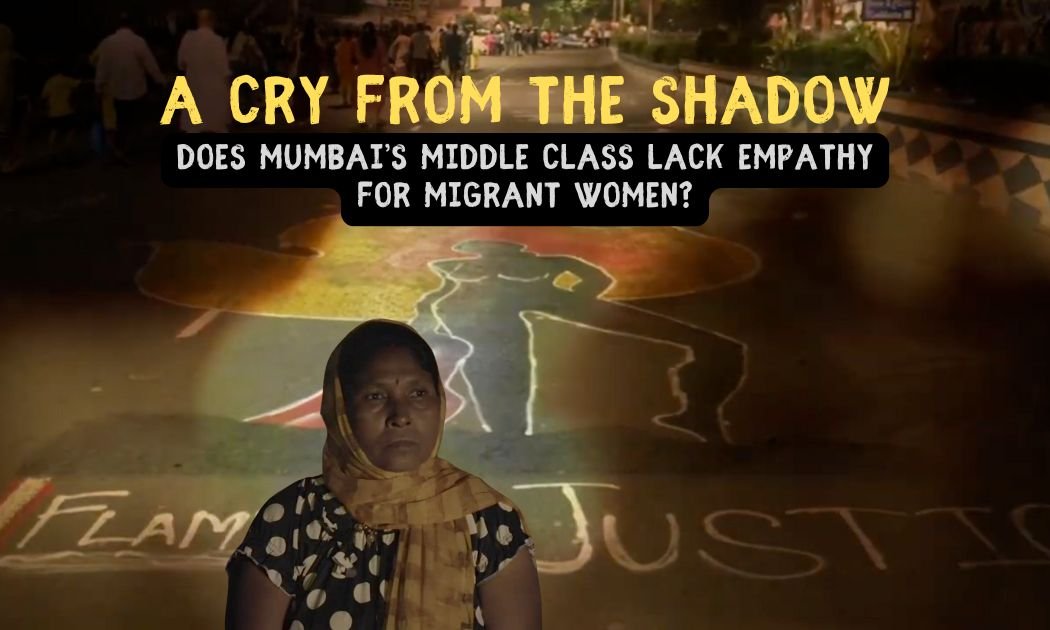
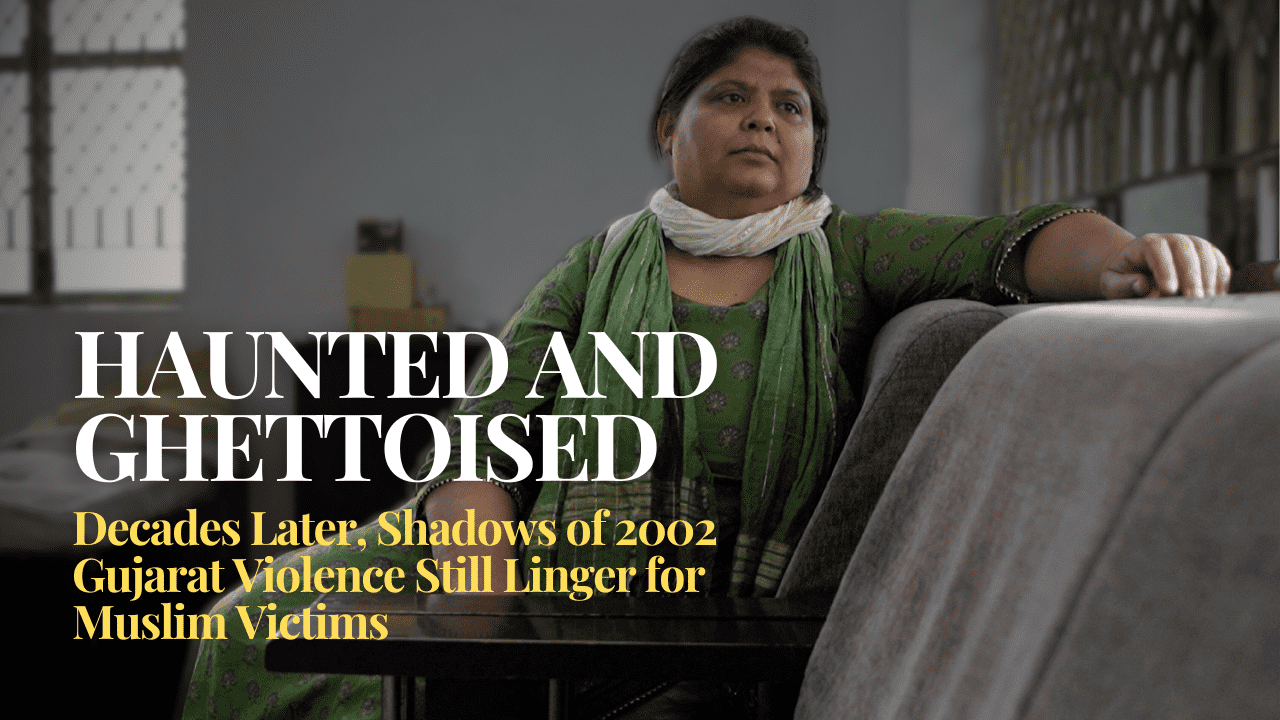
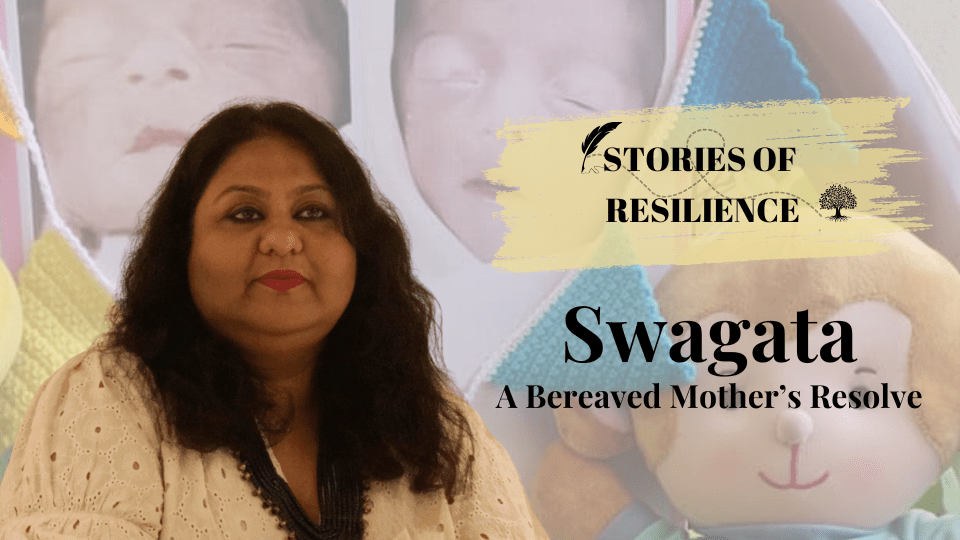

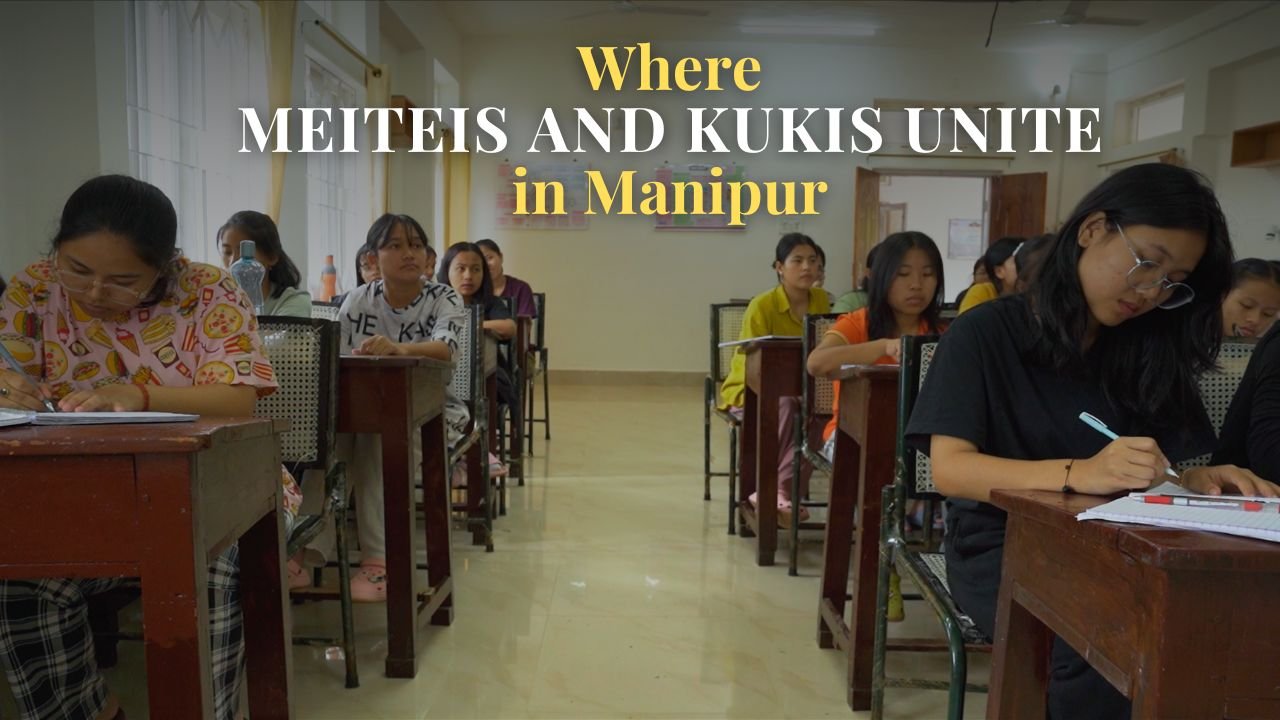
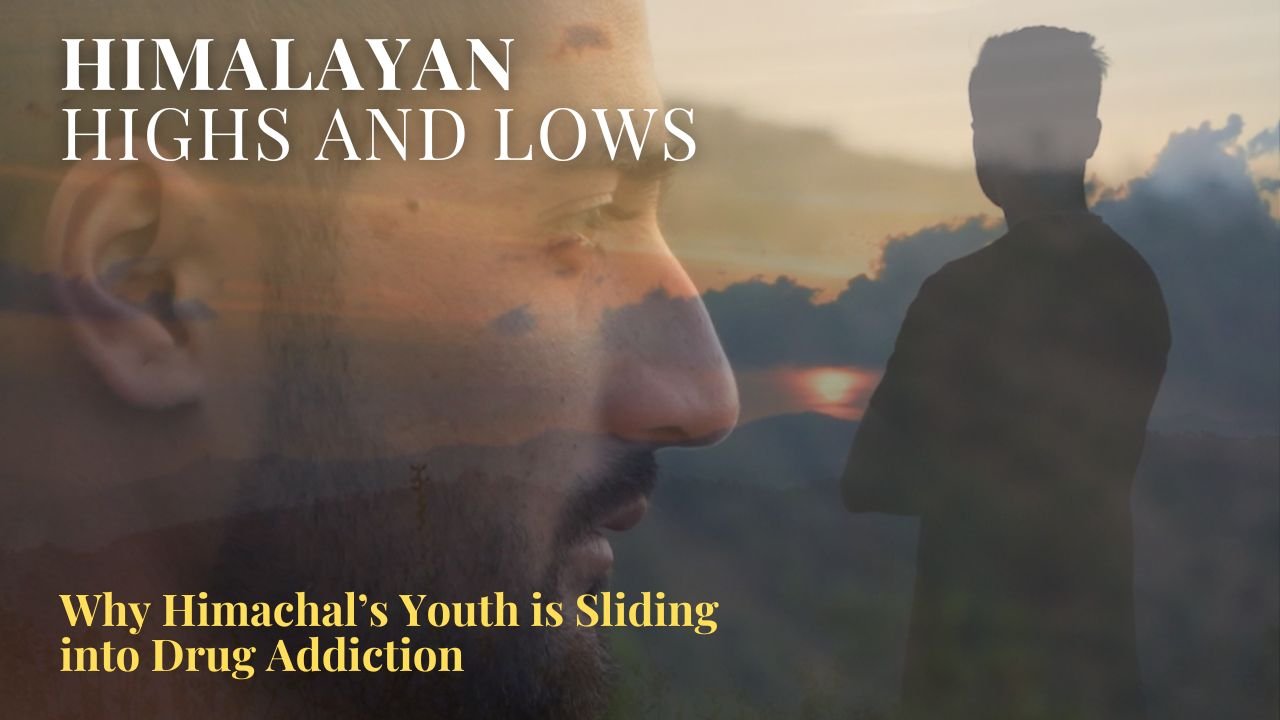
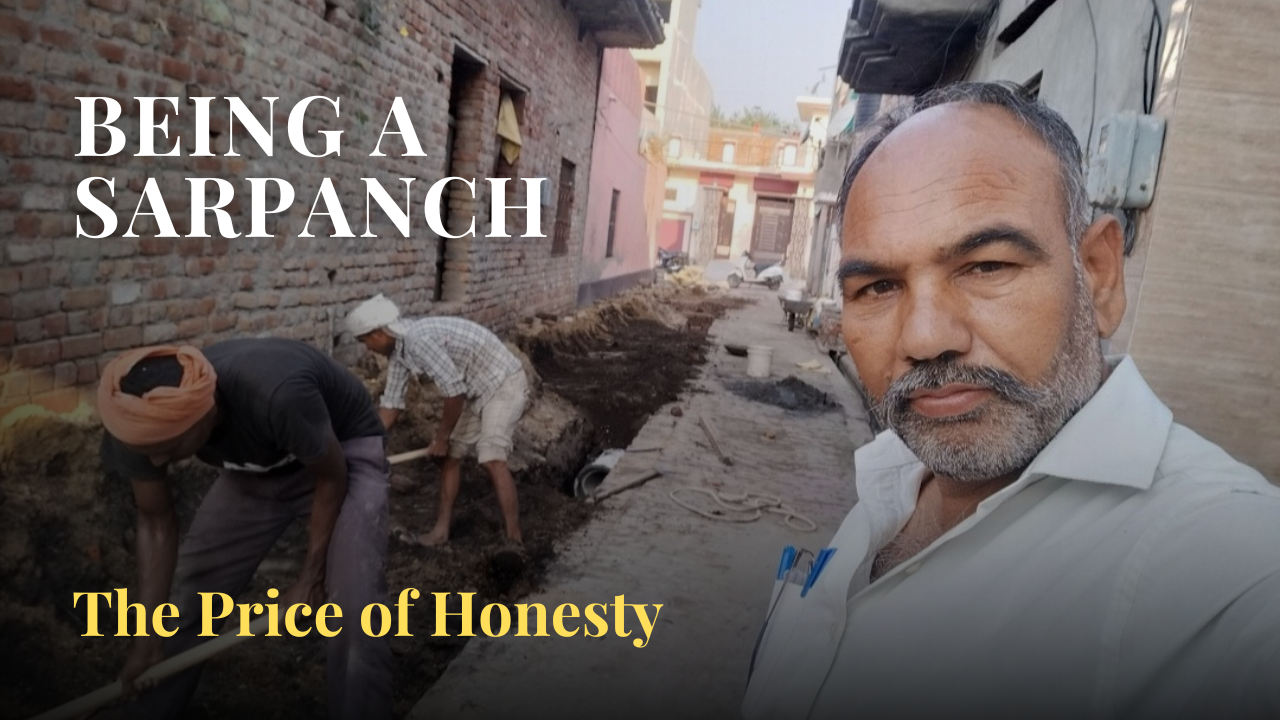


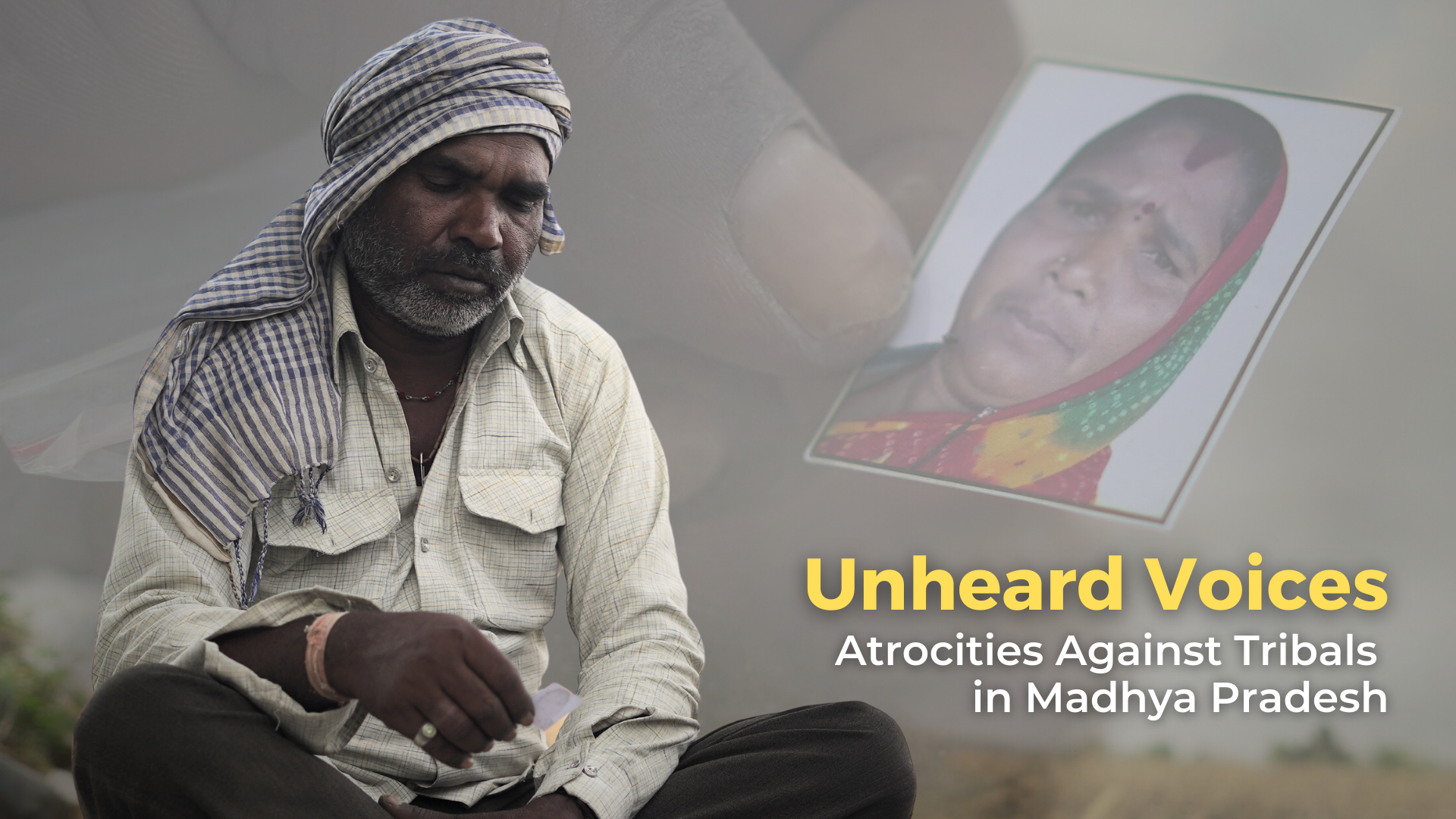
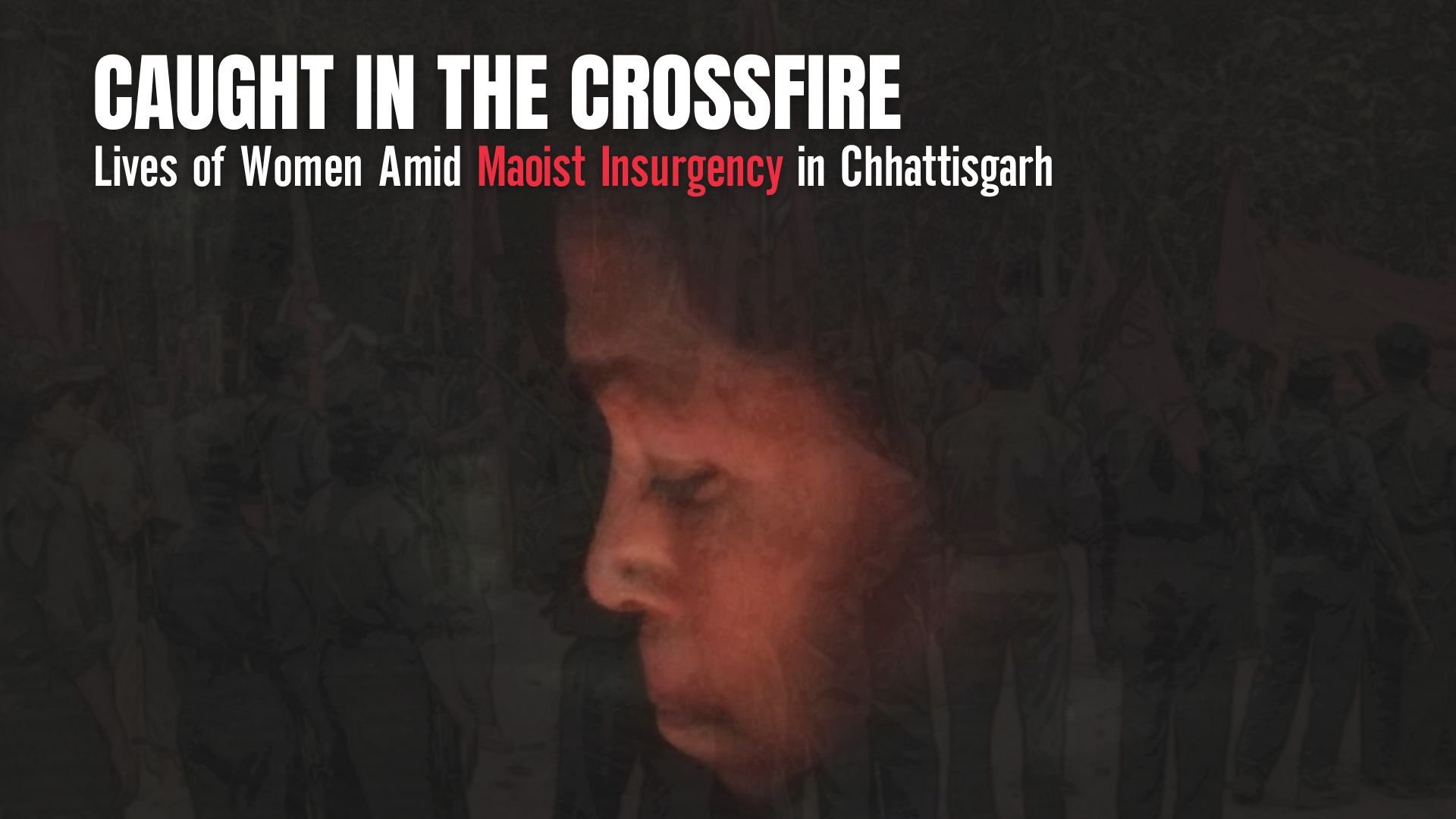
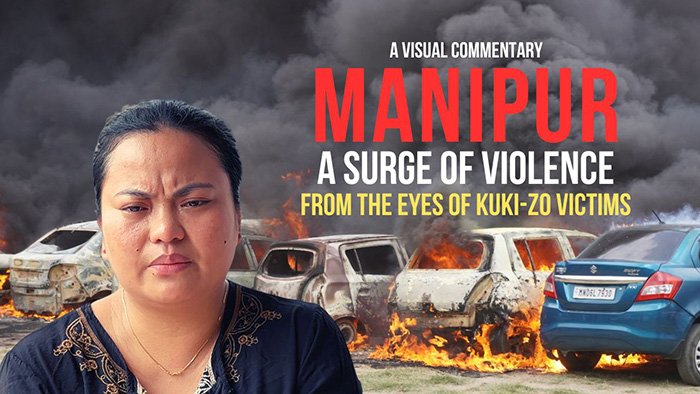
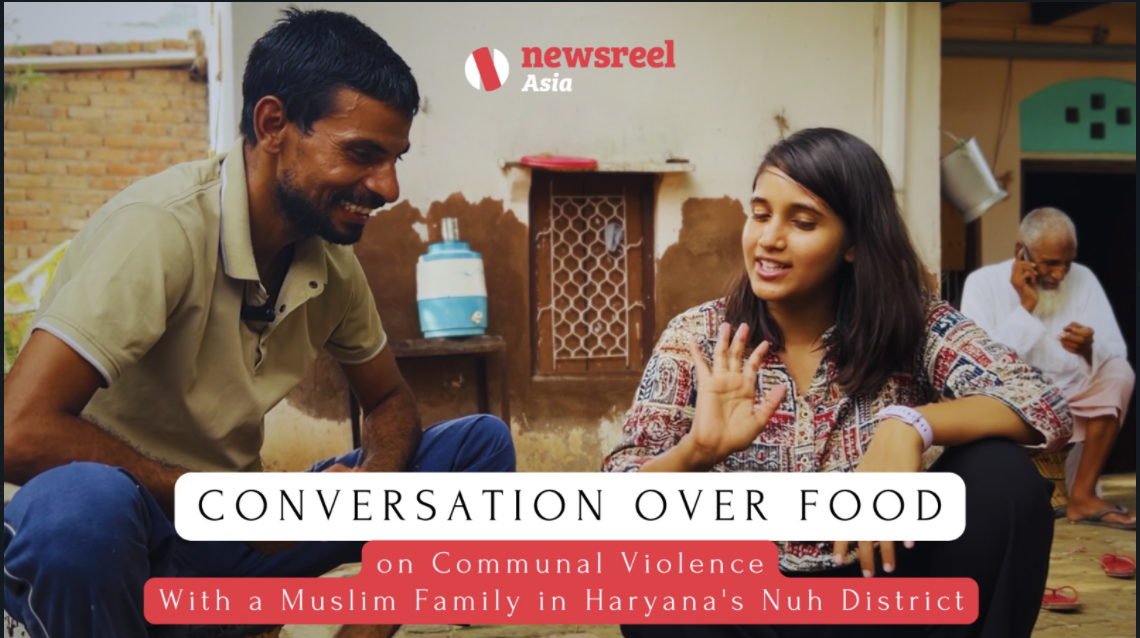
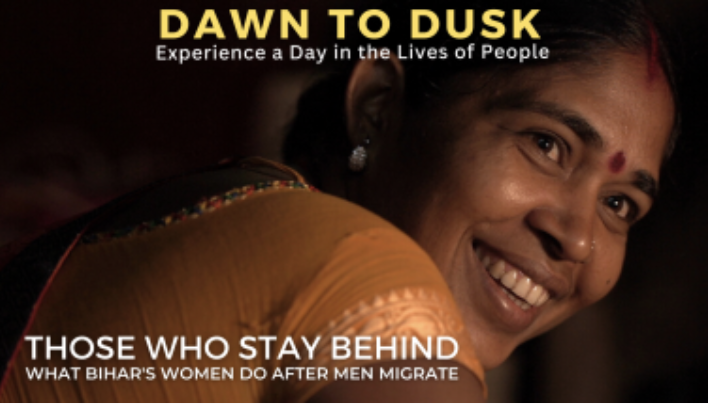

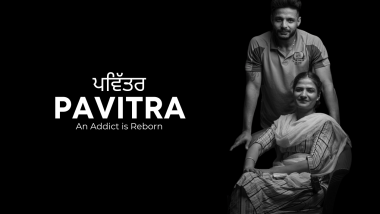
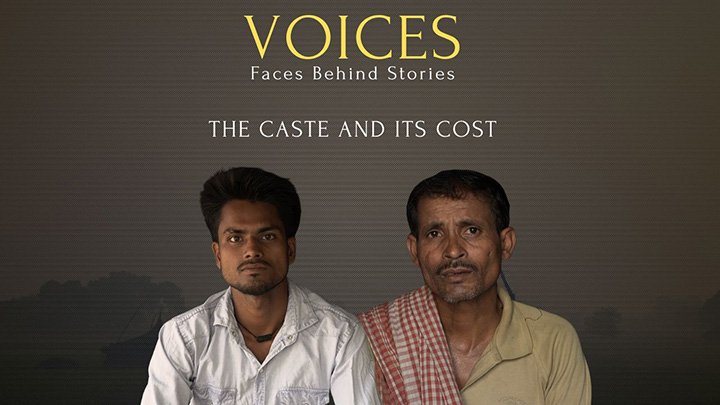
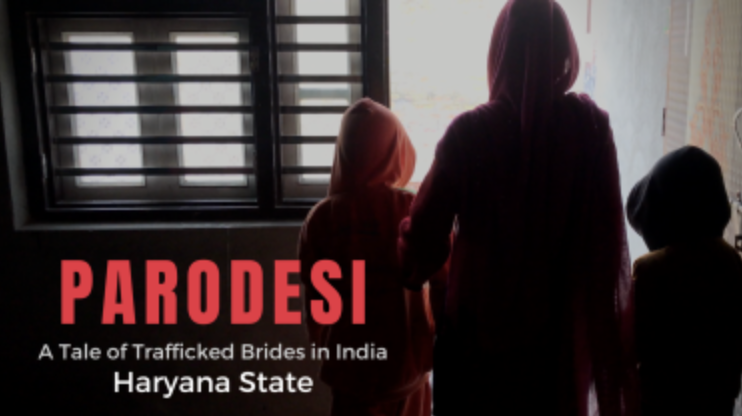
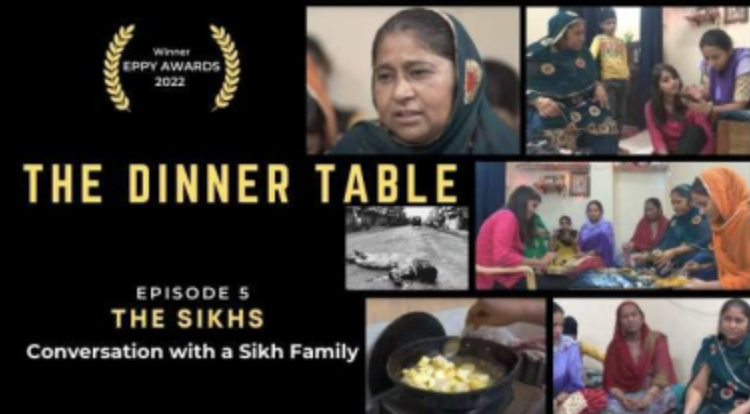
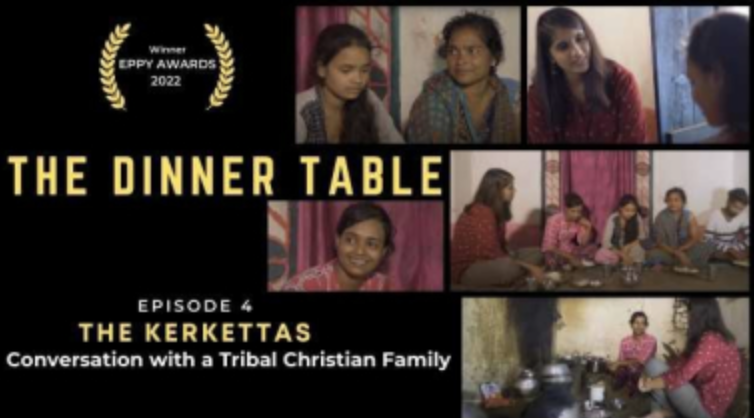
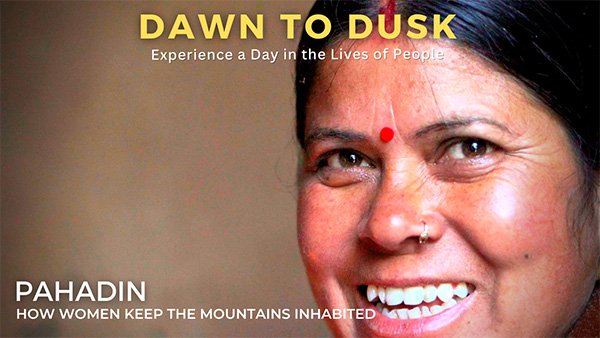
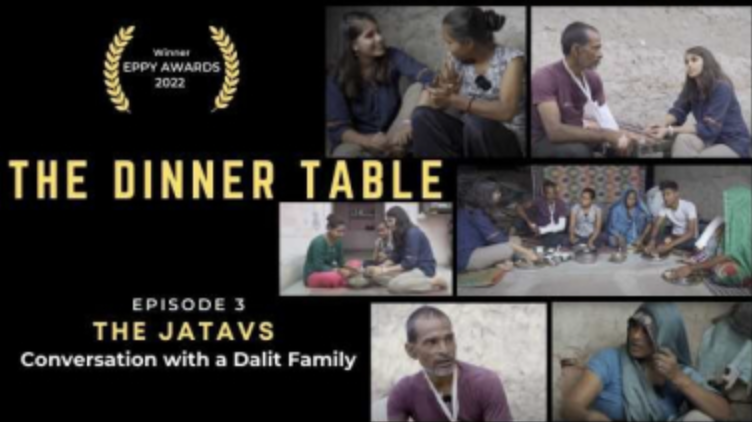
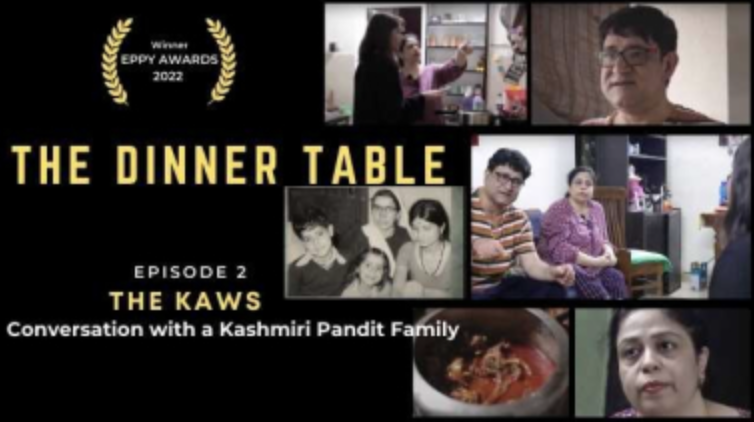
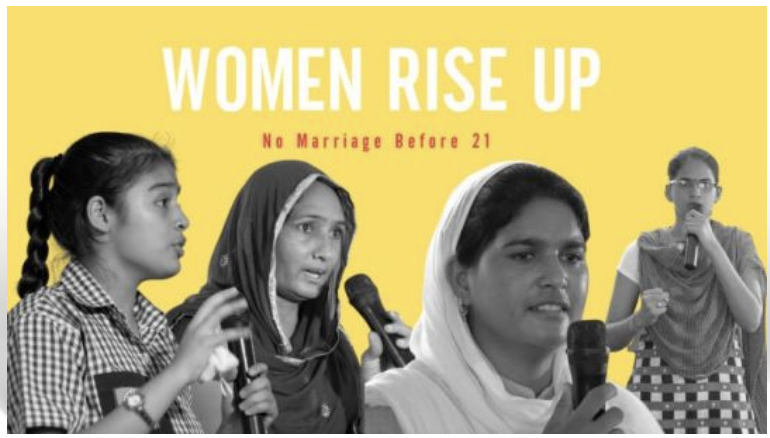

Narsisus was addicted for 27 years and survived multiple suicide attempts. Today, he runs a modest community rehab centre. With no frills, only a few beds, basic meals and peer support, it offers a fragile but vital lifeline for those who walk through its doors. His journey, from the darkest moments to helping others avoid the same brink, unfolds in a state battling one of India’s deadliest mental health crises: Sikkim.